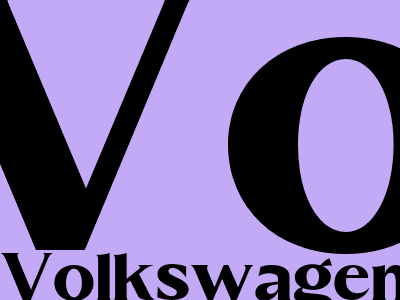
Volkswagen to Close Three German Plants, Cut Tens of Thousands of Jobs
Automaker Faces Pressure to Cut Costs, Invest in Electric Vehicles
Volkswagen, the German automaker, has announced plans to close three factories in Germany and cut tens of thousands of jobs as it faces pressure to reduce costs and invest in electric vehicles.
Impacted Plants and Job Losses
The closures will affect plants in Emden, Hanover, and Osnabrück, resulting in the loss of around 5,000 to 7,000 jobs. Emden, which produces the Passat sedan, will cease production in 2023, while Hanover and Osnabrück, which manufacture the Tiguan and Transporter models, will close in 2025.
Reasoning Behind the Decision
Volkswagen's decision is driven by the need to streamline its operations and reduce costs in the face of declining car sales and increasing competition from electric vehicle manufacturers. The company aims to reduce its fixed costs by €5 billion ($5.3 billion) annually and invest heavily in electric vehicles and digitalization.
Reaction from Employees and Unions
The plant closures have sparked concerns among employees and unions, who fear for their jobs and the future of the automotive industry in Germany. Volkswagen has stated that it will provide support to affected workers through retraining programs and job placement assistance.
Impact on Germany's Automotive Sector
The closures are a significant blow to Germany's automotive sector, which is already facing challenges due to the transition to electric vehicles and the COVID-19 pandemic. Volkswagen's decision is likely to have ripple effects throughout the supply chain and the broader German economy.
Investment in Electric Vehicles
Despite the plant closures, Volkswagen remains committed to investing in electric vehicles. The company plans to launch 70 new electric models by 2030 and invest €35 billion ($37.3 billion) in electric vehicle development over the next five years.
Transition to Electric Vehicles
The automotive industry is undergoing a major transformation as the world transitions to electric vehicles. Traditional automakers like Volkswagen are facing pressure to adapt to changing consumer preferences and regulatory requirements.
Challenges Facing Automakers
Automakers are facing a range of challenges in the transition to electric vehicles, including the high cost of batteries, limited charging infrastructure, and competition from new market entrants. Volkswagen's decision to close plants and cut jobs reflects the challenges faced by the industry.
Commitment to Sustainability
Despite the challenges, Volkswagen remains committed to sustainability and reducing its environmental impact. The company aims to become climate-neutral by 2050 and has set ambitious targets for reducing greenhouse gas emissions.
Conclusion
Volkswagen's decision to close three factories in Germany and cut tens of thousands of jobs highlights the challenges facing the automotive industry in the transition to electric vehicles. The company's commitment to sustainability and investment in electric vehicle development will be key to its future success.